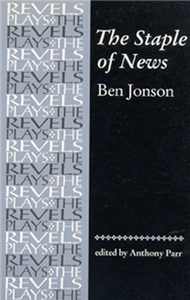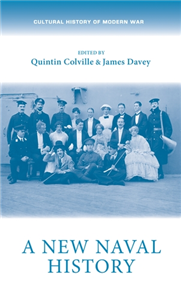Dr. Mai Thi Nguyen-Kim & Marie Meimberg wissen, warum Dinos noch leben und die Stärksten nicht immer gewinnen
Mai Thi Nguyen-Kim und Marie Meimberg haben in diesem Hörbuch all ihr Wissen in Antworten und Musik vereint.
Beim Hören wirst Du verstehen, warum Dinos noch leben und was das mit der Geschichte der Erde zu tun hat. Mit Evolutionstheorie, dem Wettbewerb der Tiere und der Tatsache, dass wir besser überleben, wenn wir sehr, sehr unterschiedlich sind. Du wirst verstehen: Diese scheinbar kleine Frage ist mit der Klimakatastrophe, der Gut-Schlecht-Gleichzeitigkeit, Massensterben, T-rex-Klettergerüsten und Insel-Kiwis verbunden. Und mit uns. Mit der Frage, wie wir leben wollen. Und wie wir mit unserer Menschen-Magie die Welt verändern.
Eine außergewöhnliche Audio-Fassung mit Liedern der BiBiBiber-Band.Gesprochen von den Autorinnen.
Zum Hören und Staunen: Wissenschaft spannend erzählt, überraschend und lyrisch zugleich.
Ein Hörbuch, das Dich die Welt mit anderen Augen sehen lässt. Du wirst überrascht sein, wie viele Dinosaurier Dir nach Tausenden von Jahren täglich begegnen können.
Selten war Allgemeinbildung so unterhaltsam und spannend – Wissenschaft wie Poesie und viel Musik von der BiBiBiber-Band.
Von den beiden Autorinnen Marie Meimberg, Kulturwissenschaftlerin und preisgekrönte interdisziplinäre Künstlerin, und Mai Thi Nguyen-Kim, Chemikerin und vielfach ausgezeichnete Wissenschaftsjournalistin.
Tolles Geschenk für Kinder ab 7 Jahren und alle Fans, die „maiLab“, Mai Thi Nguyen-Kims naturwissenschaftlichen Kanal auf YouTube, lieben.

























